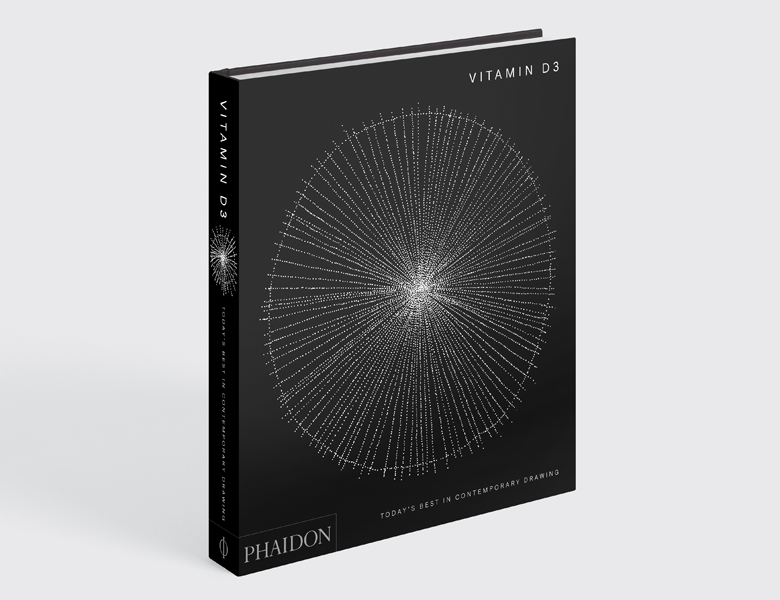Vitamin D3 interview Jade Montserrat
We speak to this contemporary artist, featured in Phaidon's new, indispensable survey of contemporary drawing
“Jade Montserrat uses drawing as a means to reflect on personal and historical events, as well as to define and occupy space,” writes Ellen Mara De Wachter in Vitamin D3, Phaidon’s new, indispensable survey of contemporary drawing. “She considers her work to be a combination of art and activism: informed by her own mixed-race heritage, her art aims to challenge society’s embedded racism and inequalities related to gender, age, ability, religion and other characteristics. Montserrat is especially attuned to what happens when situations intersect to cause more complex forms of discrimination, and she weaves academic research into her visual art to reframe questions around the representation of Black bodies and women’s bodies in terms of care, protection and preservation.
“A figure of particular significance in Montserrat’s life and work is the entertainer, French Resistance agent and civil rights activist Josephine Baker. In the 1950s Baker began creating a ‘Rainbow Tribe’, eventually adopting twelve ethnically diverse children in an attempt to create an ideal mixed-race family as an emblem of a post-racial world.
“Montserrat’s ongoing ‘Rainbow Tribe’ project was inspired by Baker’s, and tackles the idealism and naivety of such attempts to sweep racism off the table without grappling with its profound insidiousness. The rainbow recurs in Montserrat’s work as a visual motif too: in Necessarily Pass Through (2017), a blood-red ribbon intricately woven through afro-textured hair is passed over by a radiant multi-coloured arc.
“Montserrat’s work seeks to reveal detrimental lacunae in popular, political and academic uses of language, in particular in relation to institutionalized and casual racism, both historically and today. A recurring concern in her work is the body’s capacity to be both resilient and vulnerable, and the effect social injustice can have on people’s bodies. Earlier in her career, Montserrat explored this issue by creating endurance performances for which she recruited her physical energy and skill up to the point where her body gave up.
“In Revue (2018) she re-enacted Baker’s dance routines from ‘La Revue Nègre’ as part of a twenty-four-hour live perfor-mance. Montserrat’s drawings frequently use language to powerful effect, her statements impressive on the level of both scale and meaning. In her 2018 exhibition ‘Instituting Care’, vast wall drawings extended from floor to ceiling, displaying quotations from influential Black thinkers and writers including Frantz Fanon, Audre Lorde and Stuart Hall.
“Their words, drawn and shaded in charcoal, seem to curl around one another. Some of the drawings feature statements by artists on the topic of education, the role of art and individual or collective creativity. Set against text-images rendered at such a large scale, the body of the viewer appears immersed in words; Montserrat’s hope is that they will also be marked by their message.”
